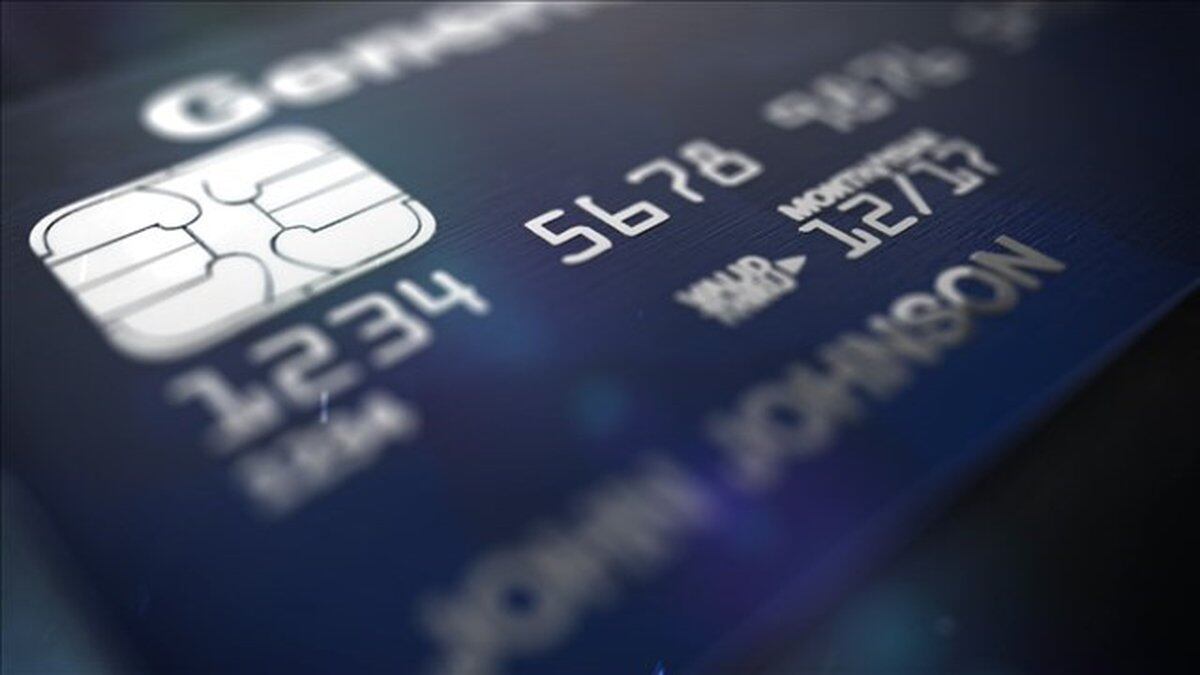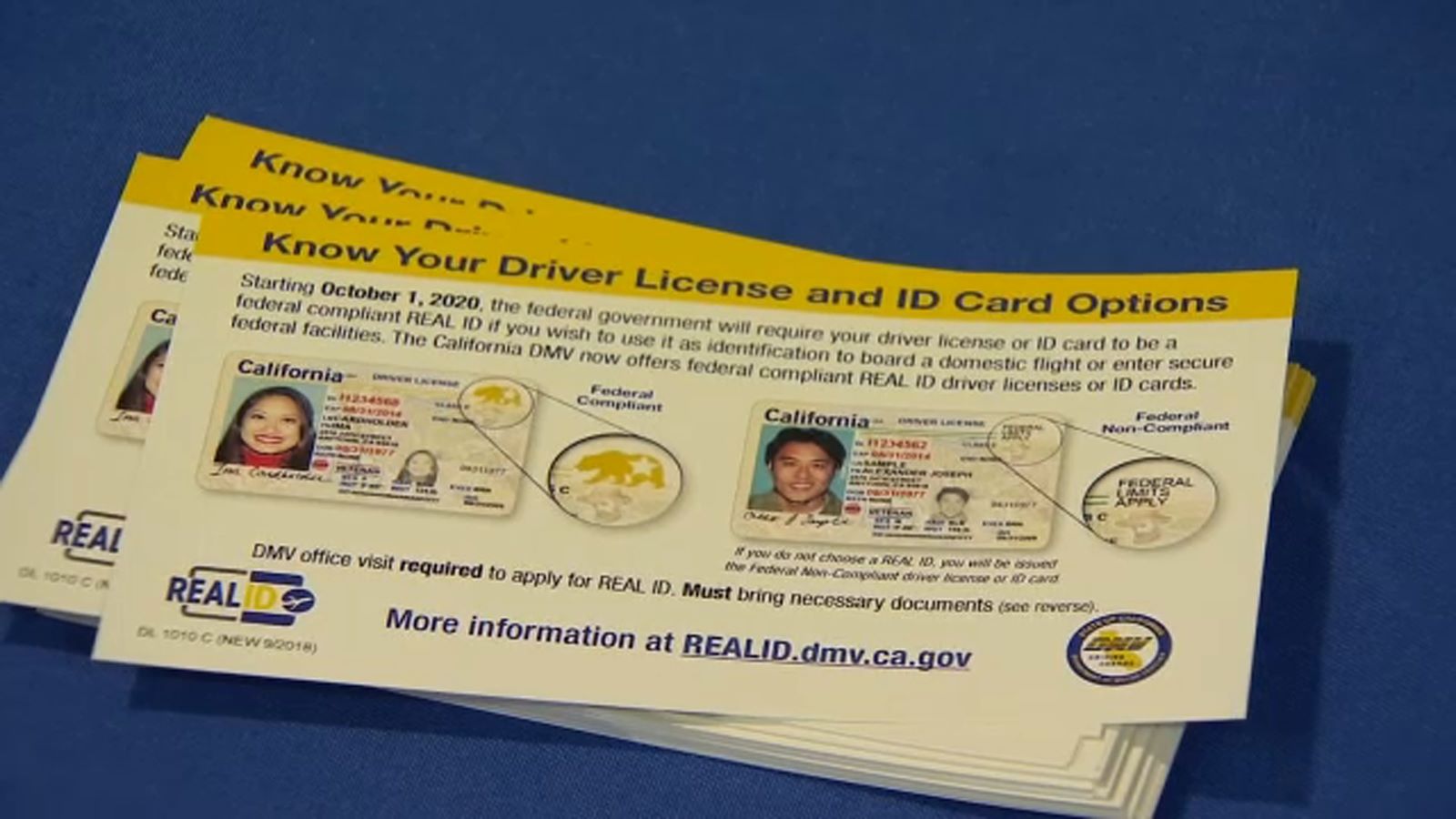

Finance
How To Waive Late Fee On Credit Card
Modified: February 25, 2024
Learn effective strategies to waive late fees on your credit card and take control of your finances. Discover practical tips for managing your finances wisely. Gain valuable insights on handling late fees and improving your financial situation.
(Many of the links in this article redirect to a specific reviewed product. Your purchase of these products through affiliate links helps to generate commission for LiveWell, at no extra cost. Learn more)
Table of Contents
Introduction
Managing credit card payments can be a challenging aspect of personal finance. Despite our best intentions, unforeseen circumstances or simple oversight can lead to missing a credit card payment and incurring a late fee. Late fees not only add to the financial burden but also impact the credit score. However, there are steps that can be taken to waive these late fees, providing relief to the cardholder and helping to maintain a positive credit history.
In this comprehensive guide, we will explore the intricacies of late fees on credit cards and provide actionable steps to effectively waive them. Understanding the process of negotiating with credit card companies and learning valuable tips for avoiding late fees in the future will empower individuals to take control of their financial well-being.
By the end of this article, you will have a clear understanding of the strategies and resources available to navigate the process of waiving late fees on credit cards, ultimately contributing to a more secure and responsible financial future.
Understanding Late Fees on Credit Cards
Late fees are charges imposed by credit card companies when cardholders fail to make the minimum payment by the due date. These fees typically range from $25 to $40, depending on the credit card issuer and the outstanding balance. It’s important to note that late fees are not only a financial burden but can also have a negative impact on the cardholder’s credit score. A single late payment can lower the credit score and remain on the credit report for up to seven years.
Furthermore, late fees may trigger an increase in the annual percentage rate (APR) on the cardholder’s balance, leading to additional interest charges. This compounding effect can significantly inflate the total amount owed, making it even more challenging to pay off the credit card debt.
Understanding the implications of late fees underscores the importance of addressing them promptly. By taking proactive measures to waive these fees, cardholders can alleviate financial strain and protect their credit standing.
It’s crucial for cardholders to familiarize themselves with the terms and conditions of their credit card agreements, particularly the details regarding late fees, grace periods, and the process for requesting a waiver. Armed with this knowledge, individuals can navigate the complexities of late fees with confidence and assertiveness, ultimately regaining control of their financial well-being.
Steps to Waive Late Fees on Credit Cards
Waiving late fees on credit cards involves a strategic approach and effective communication with the credit card company. By following these steps, cardholders can increase their chances of successfully having the late fees reversed:
- Assess the Situation: Before taking action, it’s essential to assess the circumstances that led to the late payment. Whether it was an oversight, financial hardship, or a technical issue, understanding the root cause will inform the approach to addressing the late fees.
- Review the Credit Card Agreement: Familiarize yourself with the terms and conditions outlined in the credit card agreement. Pay close attention to the policies regarding late fees, grace periods, and the process for requesting a waiver. This knowledge will serve as a valuable resource when engaging with the credit card company.
- Contact the Credit Card Company Promptly: Upon realizing a late payment, reach out to the credit card company as soon as possible. Timely communication demonstrates responsibility and a proactive attitude toward resolving the issue.
- Explain the Circumstances: When contacting the credit card company, provide a clear and honest explanation of the circumstances that led to the late payment. Whether it was due to an unexpected expense, a scheduling oversight, or a technical glitch, transparency can strengthen the case for waiving the late fees.
- Express Commitment to Timely Payments: Emphasize your commitment to maintaining timely payments in the future. Assure the credit card company that the late payment was an anomaly and that steps have been taken to prevent a recurrence.
By diligently following these steps, cardholders can present a compelling case for having late fees waived. Effective communication, coupled with a proactive approach to addressing the situation, can significantly increase the likelihood of a favorable outcome.
Contacting the Credit Card Company
When reaching out to the credit card company to address late fees, it’s important to approach the interaction with professionalism and clarity. Here are the key considerations when contacting the credit card company:
- Utilize Secure Communication Channels: Whether contacting the credit card company by phone or through their online portal, prioritize secure communication channels to safeguard personal information. Verify the legitimacy of the contact information to ensure that you are engaging with the official representative of the credit card issuer.
- Prepare Pertinent Account Information: Before initiating contact, gather essential account details, including the credit card number, recent statements, and any relevant correspondence regarding the late payment. Having this information readily available will streamline the discussion and demonstrate preparedness.
- Articulate the Request Clearly: Clearly communicate the purpose of your interaction, emphasizing the desire to address the late fees and explore the possibility of having them waived. Concise and articulate communication can facilitate a more efficient and productive dialogue with the credit card company.
- Remain Calm and Respectful: Despite the frustration or anxiety associated with late fees, maintain a composed and respectful demeanor throughout the conversation. Constructive dialogue is more likely to yield positive results and convey a sense of responsibility and reliability to the credit card company.
- Document the Interaction: Take notes during the conversation, documenting key points discussed, any commitments made by the credit card company representative, and the next steps in the process. This documentation can serve as a reference in subsequent interactions and provide clarity in case of any discrepancies.
By approaching the communication with the credit card company thoughtfully and professionally, cardholders can lay the groundwork for a constructive dialogue aimed at resolving the late fees in a mutually beneficial manner.
Negotiating the Waiver
Effective negotiation is key to securing a waiver for late fees on credit cards. When engaging in discussions with the credit card company, employing strategic negotiation tactics can significantly influence the outcome. Consider the following approaches when negotiating the waiver:
- Emphasize Positive Payment History: Highlighting a history of timely payments and responsible credit management can bolster the negotiation. By underscoring your reliability as a cardholder, you demonstrate a track record of financial prudence, making a compelling case for the waiver.
- Propose a Conditional Waiver: Offer to commit to specific conditions, such as setting up automatic payments or enrolling in payment reminder services, as a proactive measure to prevent future late payments. This demonstrates a proactive approach to avoiding late fees and reinforces your commitment to responsible financial management.
- Seek Clarification on Policies: Inquire about the credit card company’s policies regarding late fee waivers and explore the criteria for eligibility. Understanding the company’s perspective and guidelines can inform the negotiation strategy and help align the request with their protocols.
- Request a One-Time Exception: Position the request for a late fee waiver as a one-time exception, emphasizing the unique circumstances that led to the late payment. Express genuine remorse for the oversight while highlighting the proactive steps taken to rectify the situation.
- Be Flexible and Open to Compromise: Approach the negotiation with a willingness to find a mutually beneficial solution. While advocating for a complete waiver, be open to alternative arrangements, such as a partial reduction in the late fees, if it facilitates a resolution.
By adopting a diplomatic and solution-oriented approach to negotiation, cardholders can engage the credit card company in a constructive dialogue aimed at reaching a favorable outcome. Effective negotiation not only increases the likelihood of securing a waiver but also fosters a positive rapport with the credit card issuer, which can be beneficial for future interactions.
Additional Tips for Avoiding Late Fees
Preventing late fees on credit cards is essential for maintaining financial stability and a positive credit history. Implementing the following tips can help cardholders avoid late payments and the associated fees:
- Set Up Payment Reminders: Leverage technology to set up payment reminders through mobile apps, email alerts, or calendar notifications. These reminders serve as proactive prompts to ensure timely payments and prevent oversights.
- Automate Minimum Payments: Consider automating the minimum payment for the credit card to guarantee that at least the minimum amount due is paid on time each month. This provides a safety net against inadvertent late payments.
- Monitor Due Dates and Grace Periods: Regularly review the credit card statements to stay informed about due dates and grace periods. Understanding the timeline for payments enables better planning and reduces the risk of missing the payment deadline.
- Consolidate Due Dates: If feasible, align the due dates of multiple credit cards to fall within the same timeframe. This streamlines the payment schedule and minimizes the likelihood of overlooking individual due dates.
- Establish an Emergency Fund: Building an emergency fund can provide a financial buffer in the event of unexpected expenses, reducing the likelihood of diverting funds earmarked for credit card payments.
- Review and Adjust Budgets: Regularly assess and adjust budgets to accommodate credit card payments. Prioritizing the allocation of funds for essential expenses, including credit card payments, mitigates the risk of cash flow constraints leading to late payments.
- Utilize Grace Periods Wisely: Capitalize on the grace period provided by the credit card issuer to make timely payments without incurring late fees or interest charges. Understanding and leveraging this timeframe can prevent financial penalties.
By integrating these proactive measures into their financial management practices, cardholders can minimize the risk of late payments and late fees, fostering greater financial security and peace of mind.
Conclusion
Navigating the landscape of late fees on credit cards requires a proactive and informed approach. Understanding the implications of late fees, coupled with the knowledge of strategies to waive them, empowers cardholders to take control of their financial well-being.
By assessing the circumstances, familiarizing themselves with credit card agreements, and promptly contacting the credit card company, individuals can lay the groundwork for negotiating the waiver of late fees. Effective communication, coupled with a diplomatic negotiation approach, increases the likelihood of a successful resolution.
Moreover, implementing proactive measures to avoid late fees, such as setting up payment reminders, automating minimum payments, and consolidating due dates, contributes to a sustainable and responsible approach to credit card management. These practices not only prevent late fees but also foster financial discipline and stability.
Ultimately, the ability to navigate late fees on credit cards and secure waivers is a testament to proactive financial management and effective communication. By leveraging the insights and strategies outlined in this guide, individuals can mitigate the impact of late fees, protect their credit standing, and cultivate a resilient approach to managing credit card payments.
Empowered with the knowledge and tools to address late fees, cardholders can embark on a journey toward financial security and responsible credit management, laying the foundation for a stable and thriving financial future.














